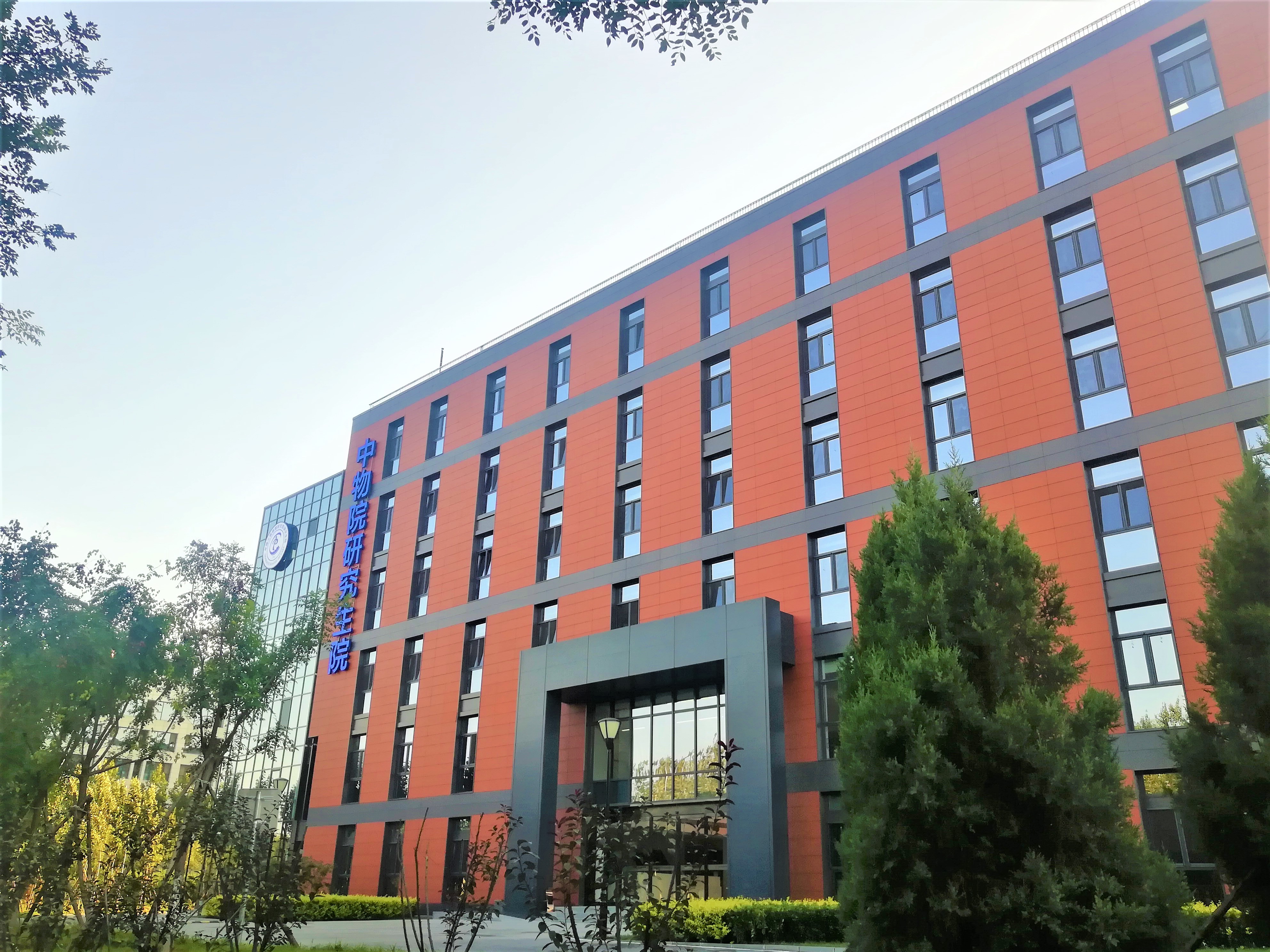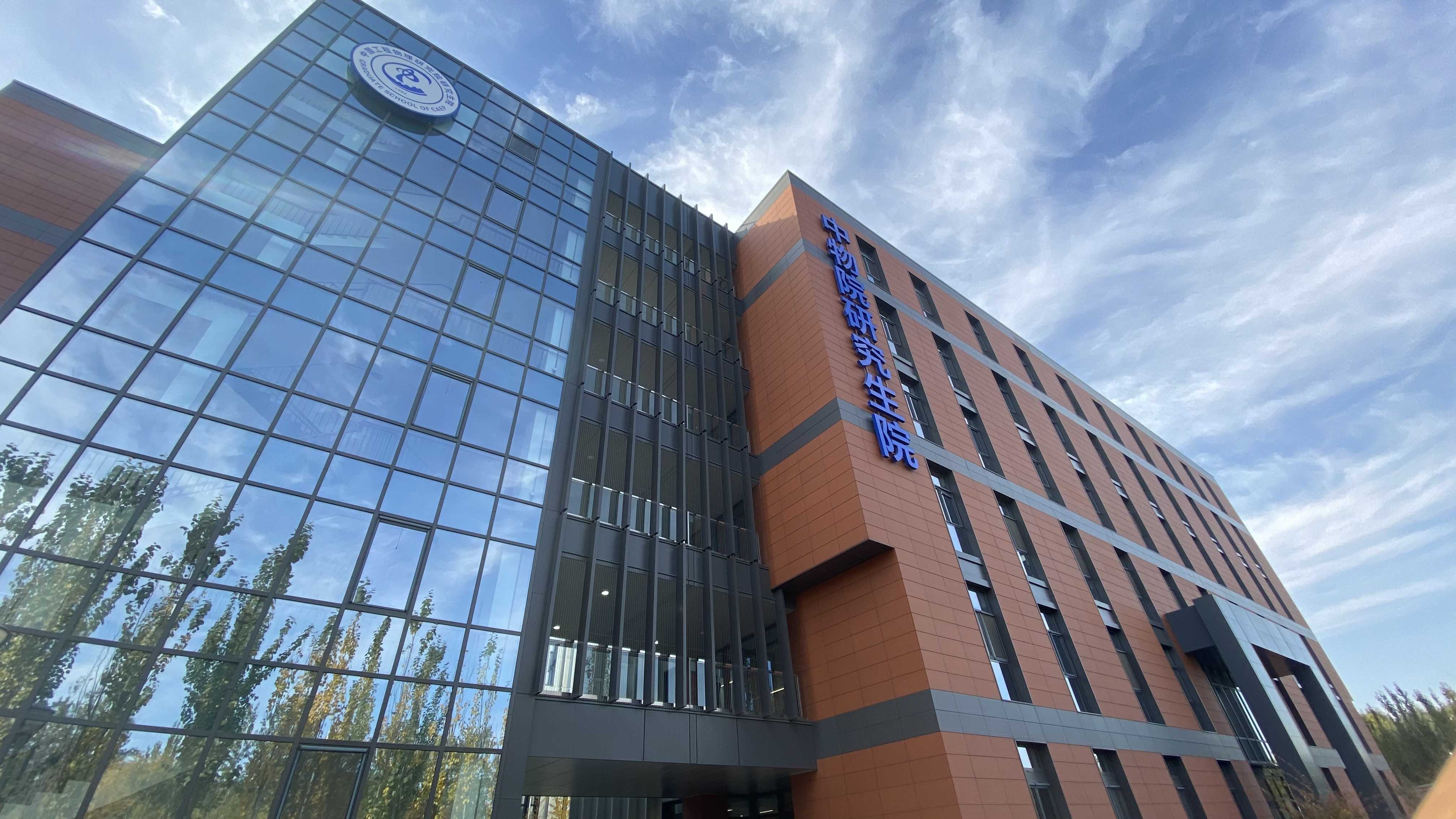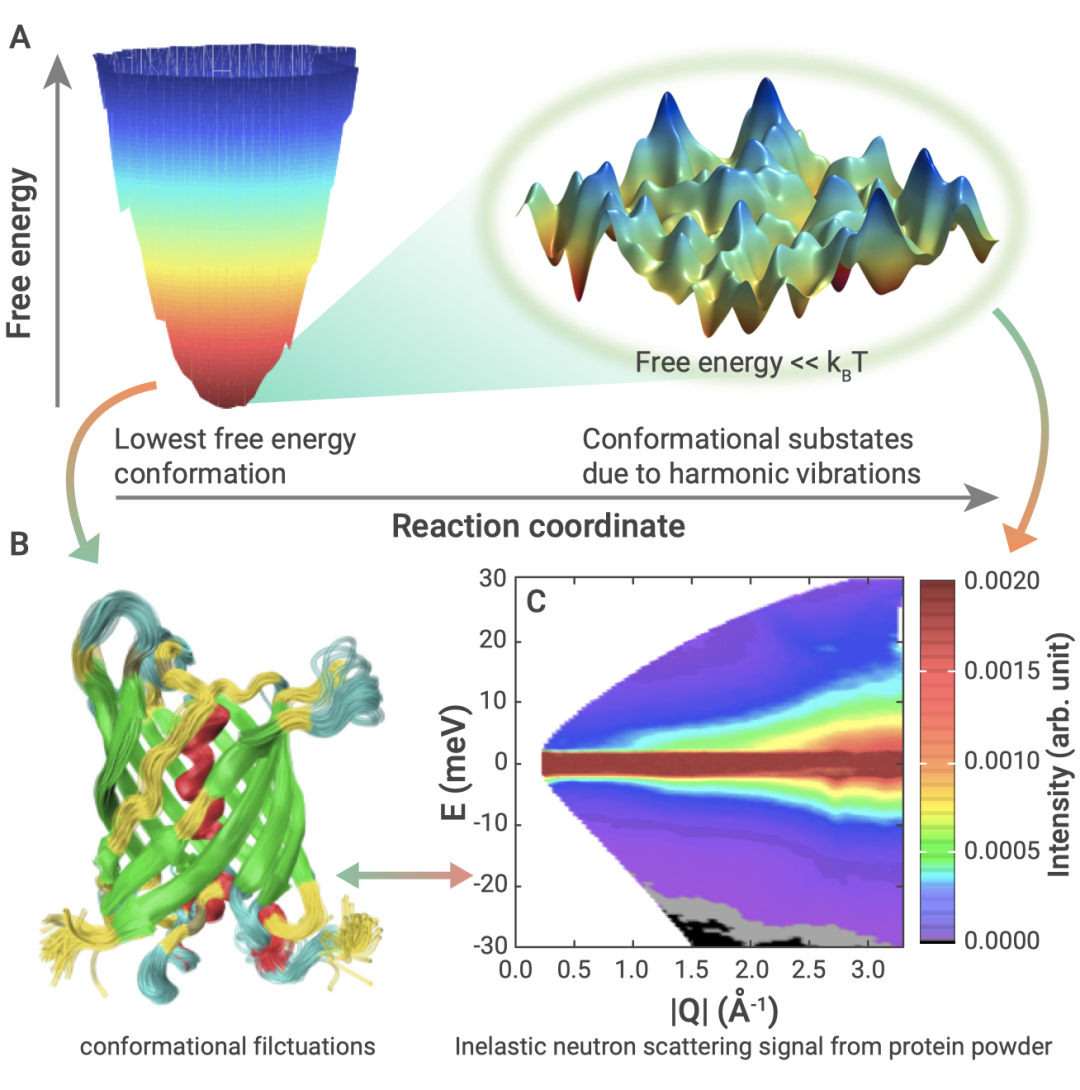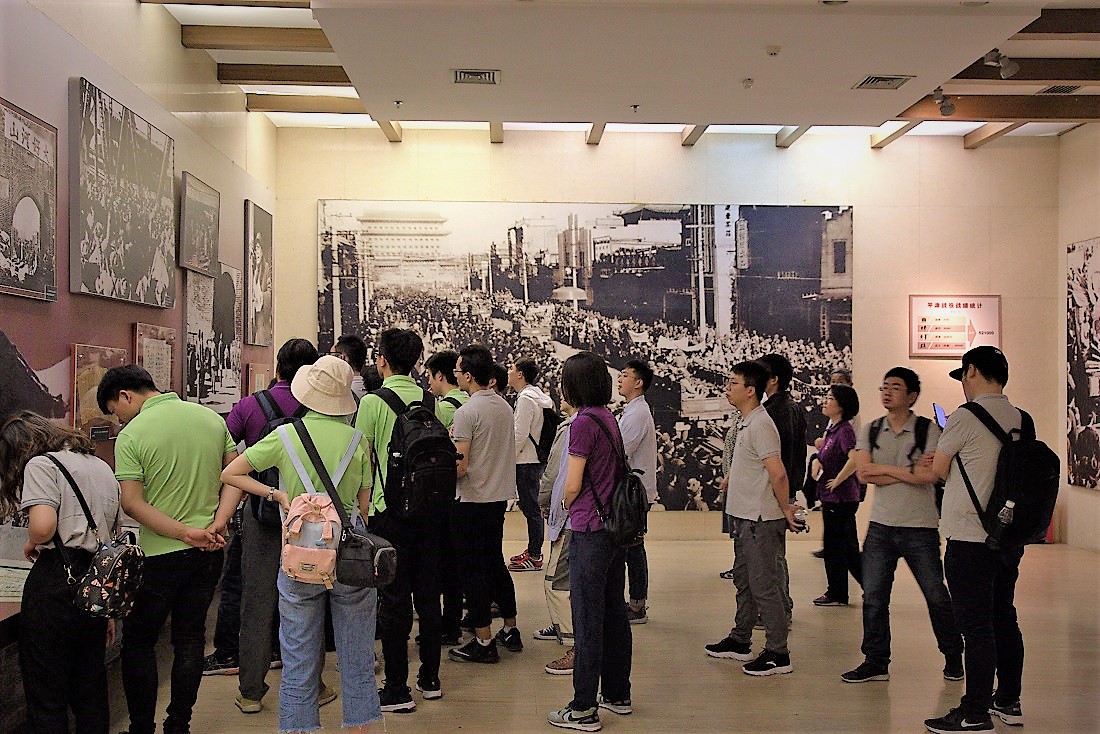














To evaluate the effect of a specific control parameter on a system in equilibrium, it is necessary to ensure that the system is in equilibrium after the parameter has been adjusted. When the evaluation time is shorter than the relaxation time of the system, traditional relaxation control schemes cannot be used. Therefore, accelerating the evolution of the system and ensuring that it reaches equilibrium after the system parameters have been adjusted is an important fundamental problem in finite-time thermodynamics and has potential applications in fields such as drug evaluation and quantum adiabatic computing.
Isothermal shortcuts are a strategy for accelerating evolution that can drive a system along an instantaneous equilibrium trajectory in a finite time and quickly reach its target state. During the control of the evolution process, we exchange additional energy consumption for shorter control time. How to reduce energy consumption and achieve optimal control is an important issue.

The research team of Sun Changpu and Dong Hui from the Graduate School of China Academy of Engineering Physics, in collaboration with Beijing Computational Science Research Center, has made progress in theoretical research on thermodynamic control optimization. This theoretical work proves that finding an optimal control scheme with minimal energy consumption is equivalent to solving a geodesic line in a Riemannian geometric space, as shown in the figure above. At the same time, it is proved that the square of this minimum energy consumption is directly proportional to the distance in thermodynamic space and inversely proportional to the control time. This research provides new ideas for exploring energy dissipation problems in finite-time thermodynamic processes and has certain guiding significance for designing finite-time thermodynamic cycles.
This achievement was published in Phys. Rev. Lett. and was listed as an Editors’ Suggestion article.
For more details, please see: https://journals.aps.org/prl/abstract/10.1103/PhysRevLett.128.230603
